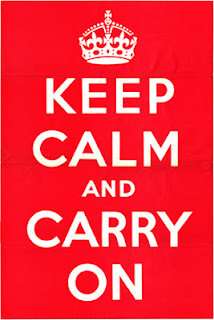- do a listening comprehension exercise on the Beatles
- look at some vocabulary connected to culture / music
- read about the Beatles
1) Discuss
It's 50 years since the Beatles released their first album Please Please Me. They recorded the whole album in only one day.
- What do you know about the Beatles?
- Why were they important or special?
The first track on the album was called I Saw Her Standing There
Listen. Do you like it?
2) Before you listen
You are going to listen to someone talking about why the Beatles are "special".
Here is some vocabulary from the clip. Match the words to their definitions.
3) Listen
Listen below to an interview by Nick Ellerby with Phil Alexander, the editor-in-chief of the music magazine Mojo.
Why were the Beatles special?
Now answer the questions below.
4) Read / Webquest
Click on this link and then do the question / answer matching exercise below
http://www.telegraph.co.uk/culture/music/the-beatles/9946799/The-Beatles-Please-Please-Me-50-years-on-10-facts-about-the-debut-album.html
Printable worksheets are here
More
The Beatles Listening, Music, Past Simple, Quizzes, Reading
The Beatles official web page http://www.thebeatles.com/
Here are the Beatles in November 1963 at the Royal Command Performance attended by the Queen Mother. At 04:45 John Lennon makes a request. "For our last number I'd like to ask your help. The people in the cheaper seats clap your hands. And the rest of you, if you'd just rattle your jewellery."










